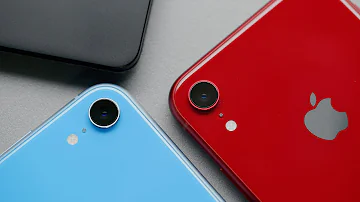What does Je te kiffe means?

What does Je te kiffe means?
It means "I like you" or "I appreciate you" in a slang way. It is still used a lot, especially from the teenagers. Wa also say "je kiffe ", which means "I appreciate a lot".
What is kiffe in french?
Kiffer is argot, French slang, and means 'to love' in English. ... Kiffer can also be translated as 'being crazy about' someone or something, or just 'liking' someone or something 'a lot'. Un kif is 'a hobby' that you enjoy doing, the opposite of a chore you dislike.
How do you use Kiffer?
Kiffer. Another term used by today's generation, which you may not already know is the word kiffer, which is slang for to like something (it works best with a hobby!). However, pay attention, if you kiffe quelqu'un, it implies that you desire that person. Here's an example: Je kiffe faire de la voile.
Is MEUF derogatory?
Meuf is the equivalent of saying 'woman', 'girl' or 'bird' in English and is often used to describe a woman who is sexually desirable. ... – Hey, girl! According to some sources it was invented in the 90s. Sometimes it is considered derogatory but it certainly isn't always intended to be.
What does the French word Creve mean?
dog-tired adjective. dog-tired [adjective] (informal) very tired.il y a 6 jours
What does Kief mean in French?
It's a mainland French synonym for aimer, and also to smoke hashish. It's borrowed from the Arabic word kif for hashish.
What do the French call cigarettes?
Clope Clope is French slang for 'cigarette'. Like the English 'smoke a cig', les français fument une clope. French people love to smoke.
What does BV mean in French?
bacterial vaginosis - French translation – Linguee.
What does WSH mean in French?
WSH, short for Wesh = “Hey”; “Yo” X, symbol for Bisous (or Bzou in texting slang), or for Je crois = “I believe”
Is verlan a verlan?
The word verlan itself is an example of verlan (making it an autological word). It is derived from inverting the sounds of the syllables in l'envers ([lɑ̃vɛʁ], "the inverse", frequently used in the sense of "back-to-front").













